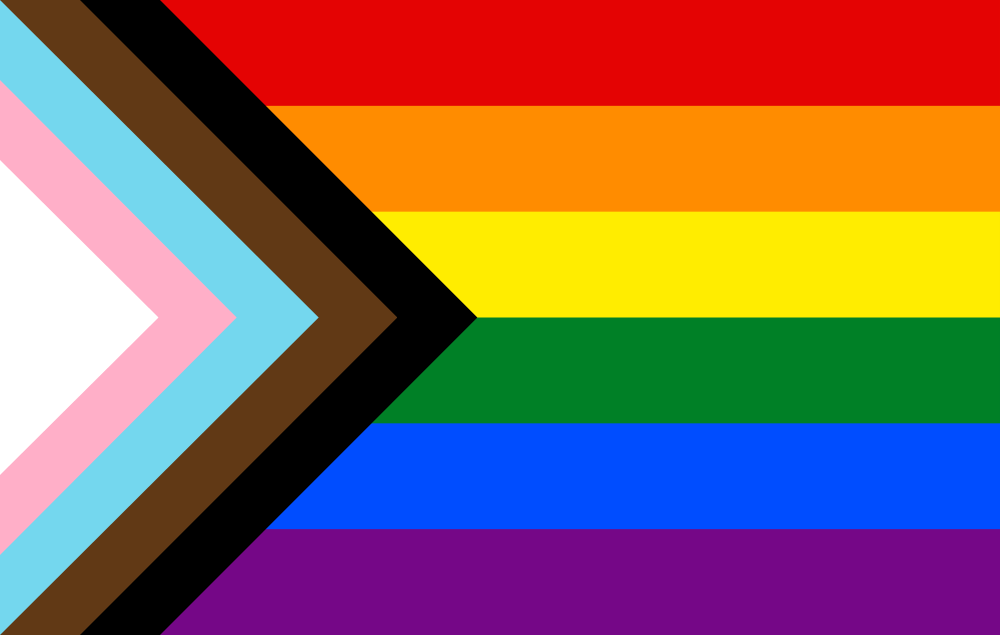In the first session after a loss, people often apologize—for crying, for not crying, for forgetting words, for remembering too much. Grief isn’t a problem to fix; it’s a bond to carry. Talk therapy doesn’t erase grief. It helps you survive it, honestly – and still make room for love and meaning alongside pain.
Grief Is Not Linear—It’s Layered
You’re not only grieving a person or a diagnosis; you’re grieving secondary losses: routines, roles, future plans, a version of yourself. When we name those layers, your pain becomes more understandable and manageable. In sessions, we slow down the “shoulds” (I should be over it / I should be crying more/less) and replace them with permissions (I’m allowed to feel anger, relief, numbness, longing—sometimes all in an hour).
The Body Grieves, Too
Grief is physical: it manifests as brain fog, chest tightness, fatigue, and appetite swings. We stabilize the basics—sleep cues, sunlight, hydration, gentle movement—so your nervous system isn’t fighting on every front. My background in oncology social work also means I’m attuned to medical grief: scans, side effects, waiting rooms, and ambiguous outcomes. We create routines and language for appointments and family updates so the process feels less dehumanizing.
Meaning Emerges; It’s Not Assigned
Rituals (a weekly walk, a candle, a song), objects, and stories keep the connection alive without pretending the loss didn’t happen. In individual or group work, we practice “continuing bonds”—ways to stay in relationship with what was lost—while also reclaiming pieces of life that still want your attention. We move gently around guilt, anger, or relief; all are common travelers in grief.
Let meaning arrive on its own timeline. Your job is to make space, not manufacture answers.
You don’t have to carry this alone. Therapy offers a steady witness, practical scaffolding, and a place where nothing about your grief is “too much.” If this approach resonates, I offer confidential, affirming support (individual and groups)—in NYC and virtually for New Yorkers.
This article is for general information and isn’t a substitute for medical or mental-health care. If you’re in crisis, call 988 in the U.S. or your local emergency number.




